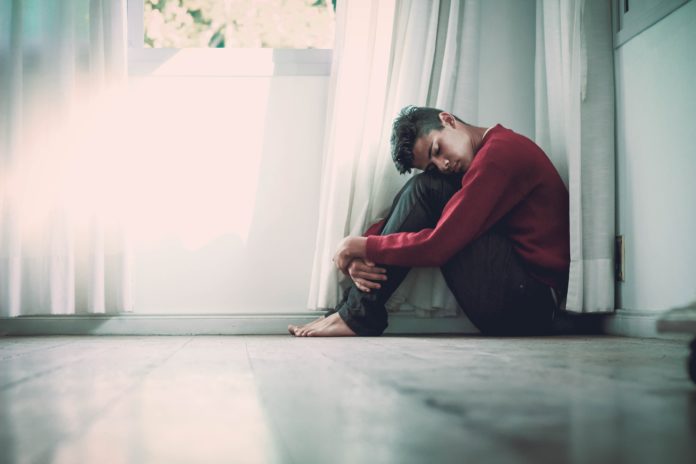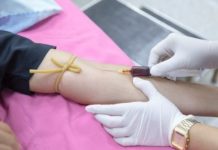If you are experiencing a continual feeling of unhappiness and loss of interest, then you could be suffering from a mood disorder called depression. This perpetual mood disorder feeling differs from the mood fluctuations that you often experience as a part of life.
Depression can be caused by major occurrences in life like grief, loss of a job, among others. You should also bear in mind the fact that is not a passing problem but rather a perpetual one. It can last for up to several weeks, months, or years.
Symptoms of Depression
You will know that you are depressed if you exhibit the following symptoms:
- It will have a sad temper.
- You have a diminished interest in activities you once enjoyed.
- You will also experience a loss of sexual desire.
- There are changes in your appetite.
- You can also have unintended weight loss or gain.
- Too much or too little sleep.
- Anxiety, fidgety, and restlessness.
- Your movement and speech are slowed down.
- You can also experience a loss of energy.
- It will experience feelings of guilt and unworthiness.
- You will find it hard to think, concentrate, and even make decisions.
- May also experience repeated thoughts of death or suicide.
Causes of Depression
Depression could be a result of several possible issues. However, the medical community has not been able to understand the causes of depression fully. Several possible causes generally range from biological to circumstantial.
Some of the common causes are:
- Family history – there is a higher likelihood that you will suffer if your family has a history of or any other mood disorder.
- Trauma during early childhood – some events that happened during your childhood may affect the way your body reacts to fear and stressful circumstances.
- The structure of your brain – if the frontal lobe of your brain is less active, you are at a higher risk of suffering depression. But, scientists have not confirmed whether it happens before or after the beginning of depressive signs.
- Certain medical conditions – certain medical conditions put you at a higher risk of suffering depression. Such conditions include chronic illness, insomnia, and chronic pain, among others.
- Drug abuse- if you have a history of drug or alcohol abuse, you at risk of suffering depression.
Treatment for Depression
To help determine the right treatment for depression, it is advisable to seek the help of a healthcare provider. Treatment may involve one form or a combination of several forms to deal with your case. It is common practice to integrate medical treatments and lifestyle therapies.
Some of the treatments include:
Medications
You should not self-medicate, instead, seek the help of a healthcare provider. The provider may prescribe antidepressants, antianxiety, and antipsychotic drugs. It is important to note that each type of medication has its benefits as well as potential risks.
Psychotherapy
This involves talking to a psychotherapist that will help you learn skills to manage depressing feelings. You can also join and benefit from family or group therapy sessions.
Light therapy
You can also be exposed to doses of white light to help regulate your mood and improve signs of depression.
Alternative therapies
Seek advice from your therapist on alternative therapies like meditation or acupuncture. Other herbal supplements can treat, but seek the approval of your healthcare provider before using them.
Exercise
You can target to do physical activities for 30 minutes three to five days a week. By exercising, you increase your body’s production of endorphins. Endorphins are hormones that improve your mood.
Avoid alcohol and drugs
The long term effect of alcohol and drug abuse is depression and anxiety.
Types of Depression
- Major depression – if you have major depression, you will experience a continuous state of sadness. This is treated by medication and psychotherapy.
- Persistent depressive disorder – It is also called dysthymia, and it causes symptoms that last for up to 2 years.
- Bipolar disorder – depression is a common symptom of bipolar disorder
- Psychotic depression – there are people that experience psychosis with depression. Psychosis involves delusions and hallucinations.
- Postpartum depression – this is severe mothers experience after giving birth. It is different from baby blues and can persist for months or years.


















